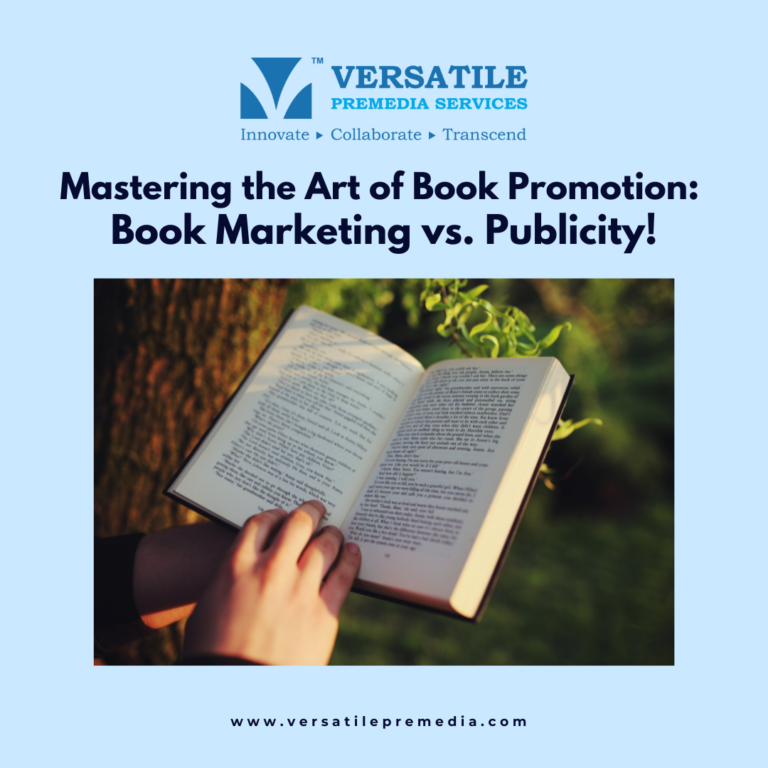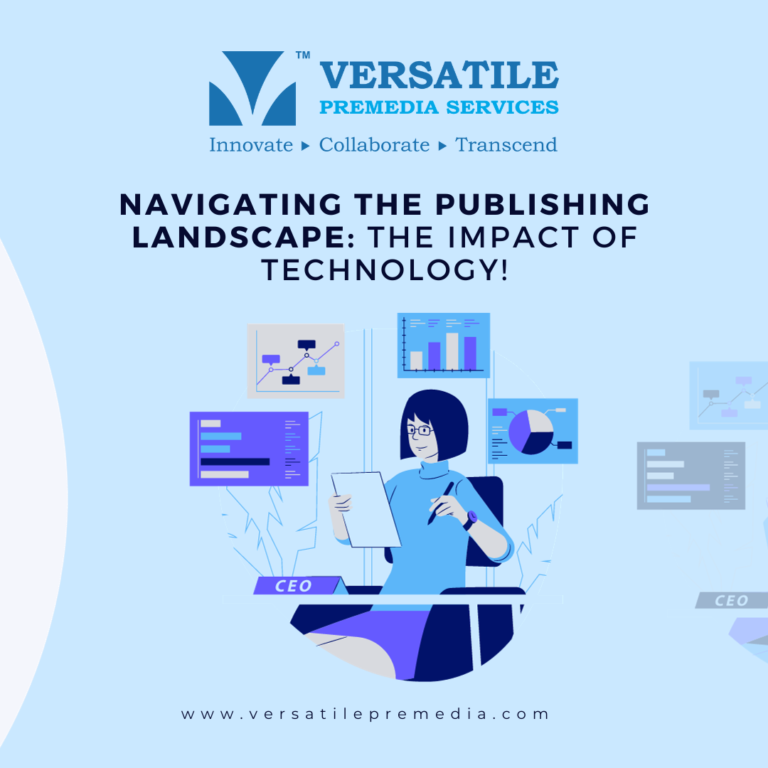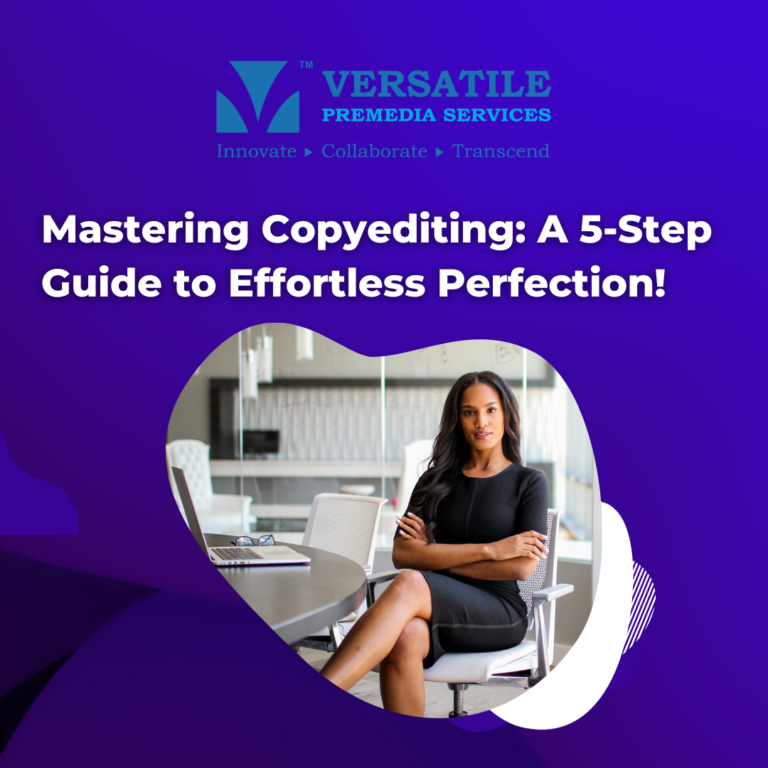In the ever-evolving landscape of entertainment, the process of adapting books into visual media has become a captivating trend. From movies to TV shows and streaming platforms like Netflix, the potential to transform literary works into captivating on-screen experiences is endless.
However, these endeavors involve intricate licensing agreements, creative negotiations, and a careful balance of artistic vision and business acumen. In this article, we’ll delve into the key aspects of how these deals are structured, shedding light on the exciting journey of bringing books to the big screen.
Movie, TV, and Netflix deals with book titles are typically structured as licensing agreements. These agreements allow production companies to adapt the book’s content into visual media formats such as movies, TV shows, or Netflix series.
The structure of these deals can vary depending on several factors, including the book’s popularity, the author’s reputation, and the potential marketability of the story.
Here are some key aspects of how these deals are usually structured:
- Option Agreements: In many cases, a production company will first acquire an option agreement. This grants them the exclusive right to purchase the rights to adapt the book for a specific period (usually 12 to 18 months). During this time, the production company will typically work on developing a script and securing funding.
- Purchase of Rights: Once the production company is ready to move forward with the project, they will negotiate the purchase of rights from the author or the author’s representatives. The purchase may include various rights, such as film rights, TV rights, or streaming rights for platforms like Netflix.
- Advance Payment and Royalties: Authors may receive an upfront payment (advance) for the rights to their book. Additionally, they may be entitled to receive royalties based on the success of the adapted work, such as box office revenue or streaming views.
- Creative Control: The agreement will outline the level of involvement the author has in the adaptation process. Some authors may have input on the screenplay, casting, or other creative aspects, while others may have minimal involvement.
- Distribution and Release: The deal will define how and where the adapted work will be distributed, whether it’s a theatrical release, TV broadcast, or exclusive release on a streaming platform like Netflix.
- Sequel and Spin-off Rights: Depending on the deal, the production company may also acquire rights to create sequels or spin-offs based on the original work.
- Credit and Recognition: The agreement will address how the author will be credited in the adapted work, such as “Based on the novel by [Author’s Name].”
It’s important to note that each deal is unique and can be tailored to fit the specific circumstances of the book and the production company. Negotiations between authors and producers can involve complex legal and financial considerations, and it’s common for literary agents or entertainment attorneys to be involved in the process to protect the author’s interests.
As Versatile PreMedia Services – Publishing Partner, we understand the immense potential that lies in adapting books for visual media formats like movies, TV shows, or Netflix series. The world of entertainment offers a captivating canvas to bring compelling stories to life on the screen. With our expertise in structuring licensing agreements, we can help authors navigate the complexities of these deals and secure a successful adaptation for their literary works!




